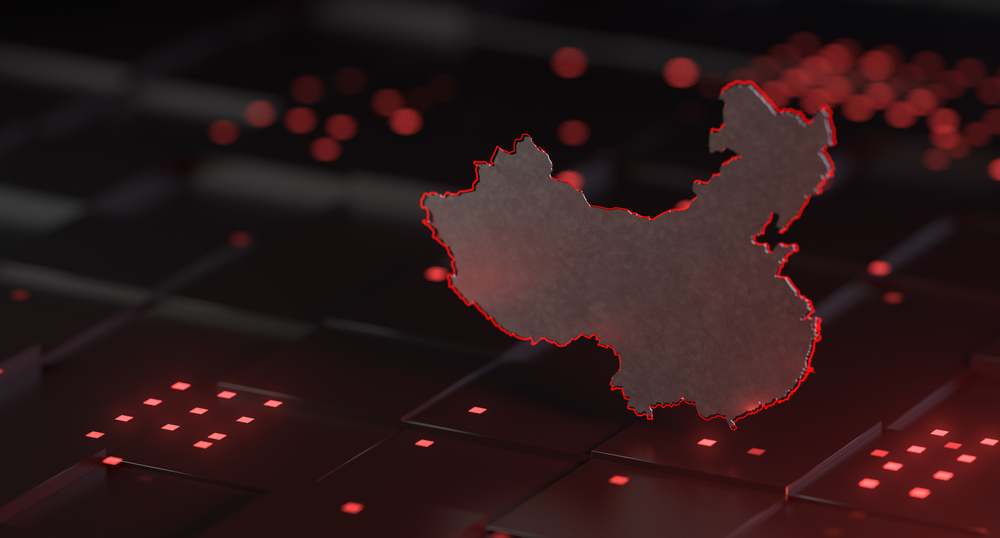The concerns of Enterprise-level organizations are not the same today as they did years ago. Such organizations have thousands of web pages and they are adopting new technologies to facilitate their businesses. Besides assisting in their work, this change also expands their digital attack surface. It also introduces additional network vulnerabilities that can be exploited by attackers. This is why enterprises can’t afford to underestimate their security. They must ensure a foolproof enterprise security plan to cover all of their bases from ransomware attacks.
Moreover, as organizations have evolved because of technological advancements, the hacking community also has evolved. So, ironclad gates to keep the intruder out in order to keep businesses safe are no longer sufficient. Computers and the networks in which they are hosted also need protection from the digital thieves of today. This blog post will give you a bit of understanding about the latest trends of security in 2021.
Trend 1: Surge in Endpoint Security Tools:
Almost every enterprise has included endpoint security in their cybersecurity plan for 2021. This is because there are no organizational networks without mobile devices connecting to them. So, 2021 has seen a surging trend in the adoption of endpoint protection tools. Companies are inclining to this trend because Endpoint Protection plays a crucial role in keeping enterprise endpoints safe. They offer protection against different types of malware attacks and zero-day threats.
Trend 2: Building Remote Worker Security for the Long Haul:
Since the outburst of the COVID-19, businesses have substantially moved to remote work. 2021 is the year they are institutionalizing their remote worker security practices for the long term. Organizations have relied on staff endpoint security measures like virtual private networks. However, due to the rise in ransom attacks, they are focusing on filling some of the exposed gaps. And for this, businesses are hiring ransomware recovery and data protection services to make their cloud invincible for bad actors.
Trend 3: Resolution of the Cloud Misconfigurations Problem for Enterprise Security:
Just like phishing, infected links, improperly configured or monitored cloud accounts are also a great threat for organizations. And in 2021, businesses are trying to create a workable solution for this problem because misconfigured accounts can leak large amounts of customer data. Organizations are implementing policies and procedures around access management, data protection, etc. to ensure data security.
Trend 4: Big Data Security
As enterprises are moving to advance technologies and models like big data, it has become more crucial to adopt the necessary security measures as well. For instance, the protection of (PII) Personally Identifiable Information and other such regulated data has great significance, while also being able to share the same securely is important. Organizations (in their effort to secure big data) are following a policy-based approach for access control. It ensures that only those who are authorized to access sensitive information will be able to access it.
Trend 5: Locking Down IoT Risks
As people have started hunkering down in their homes, they also started investing in consumer IoT devices like security monitoring, connected lights, speakers, home heating and cooling, and video doorbells. The shift to working from home because of the COVID-19, workers are using enterprise resources from their home networks. Although these devices are helping the business to continue running, yet IoT devices are becoming threats to the home network and indirectly to these networks’ enterprise resources. Open source projects like SPIFFE and SPIRE are used by companies to automate security in the IT world.
Bottom Line:
If you compare it with the previous year, the enterprise security landscape of 2021 is very different. New trends and security tools have been introduced to ensure the protection of enterprise data. Although, these new developments were inevitable even in the previous year because of remote working, yet 2020 sped them up. Cloud has performed well in 2020 regarding business growth but companies have relatively faced more security threats. This is why more companies are hiring ransomware recovery and data protection services along with upgrading their previous security measure.


